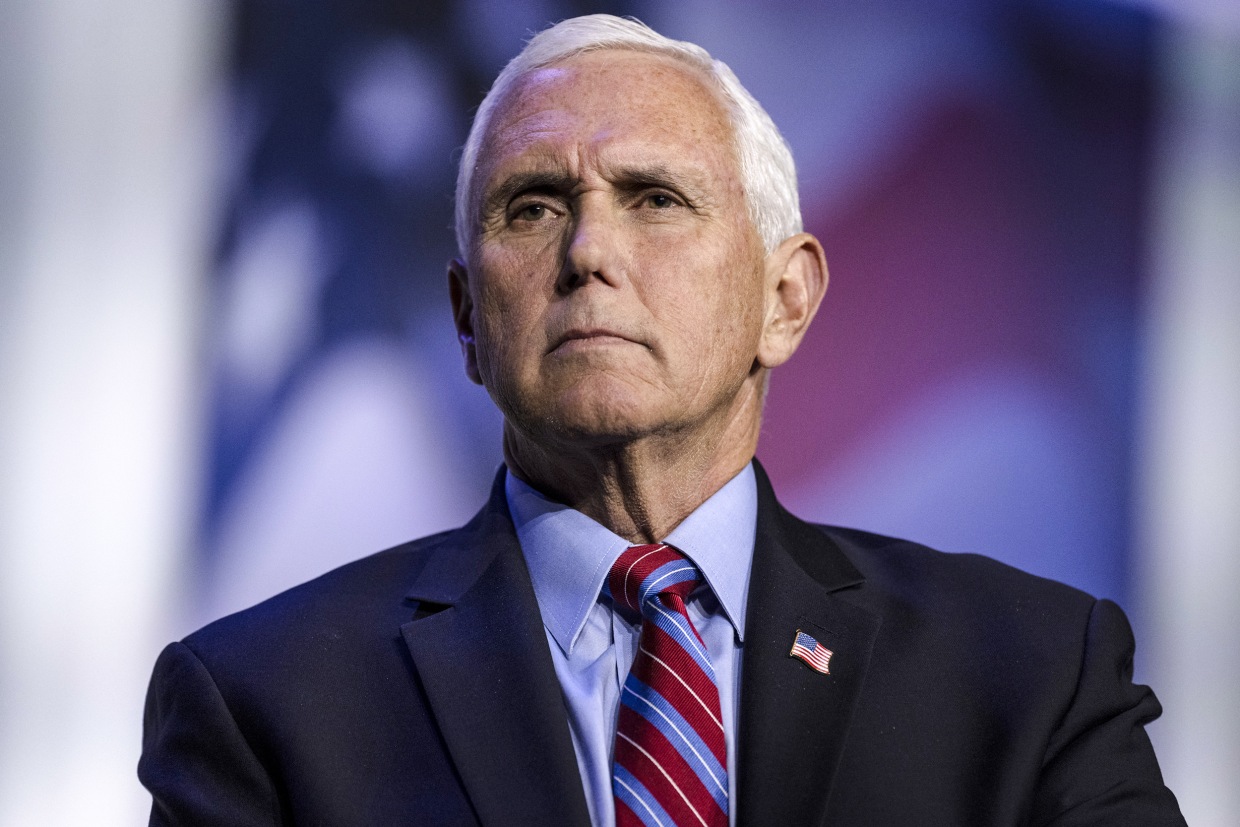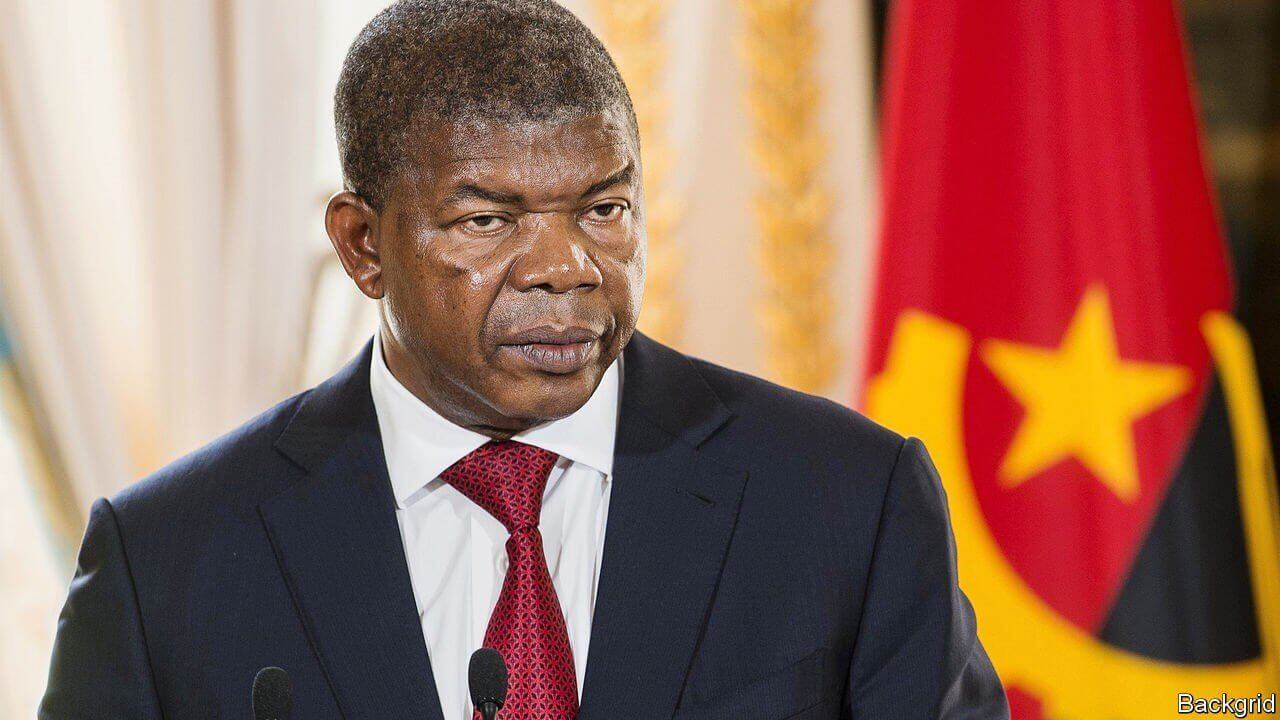South Asia
Nepal received 1,965,600 doses of the United States manufactured Moderna vaccine, under the COVAX initiative on Sunday. This is the country’s third consignment received as part of the 37,12,000 doses promised by COVAX. [ANI]
Family members of the victims of last week’s Nagaland shooting, during which the Indian armed forces mistakenly killed 13 civilians, decided not to accept any government compensation until the personnel involved are “brought to justice” and the controversial Armed Forces (Special Powers) Act is scrapped. [NDTV]
Central Asia and the Caucasus
The first session of the 3+3 regional dialogue on the Armenia-Azerbaijan dispute was held in Moscow on Friday. The meeting was attended by delegations from Russia, Armenia, Azerbaijan, Turkey, and Iran and was skipped by Georgia. All parties agreed that the first step towards peace in the South Caucasus is for both Baku and Yerevan to adopt confidence-building measures in the economic, transport, trade, cultural, and humanitarian fields. [Public Radio of Armenia]
The Armenian Defence Ministry said on Friday that an Armenian soldier was killed in an attack launched by Azerbaijani forces near the border of the Gegharkunik province. Armenia condemned the attack and urged Azerbaijan to refrain from such actions and “not to hinder efforts to establish peace and stability.” [Asbarez]
East and Southeast Asia
Senior Japanese officials have reportedly said that the government will announce a diplomatic boycott of the Beijing Winter Olympics by the end of the month. In doing so, Japan would join the United States, the United Kingdom, Canada, Australia, New Zealand, and Lithuania, who have cited human rights abuses in Xinjiang and Hong Kong. [The Straits Times]
Japanese Minister of Foreign Affairs Yoshimasa Hayashi met with his French counterpart Jean-Yves Le Drian in the United Kingdom on Friday along the sidelines of the Second Meeting of G7 Foreign and Development Ministers. Le Drian stated that France would like to strengthen its cooperation with Japan and other partners in the Indo-Pacific through the ministerial meeting on the Indo-Pacific that France is set to host in February next year. [MOFA.JP]
Europe
On Sunday, German Chancellor Olaf Scholz said the country is committed to preserving Ukraine’s role as a transit country for gas supply into Europe. Scholz said, “We will also help Ukraine be a country that will be a major source of renewable energy and the necessary production that results from that. We are in concrete talks around how we can help achieve that.” The comments come after Ukraine repeatedly raised concerns over Nord Stream 2, an underground gas pipeline connecting Germany and Russia and loss of valuable transit fees. [Reuters]
On Sunday, Polish Justice Minister Zbigniew Ziobro accused the European Union (EU) of undermining Polish democracy by questioning Poland’s commitment to the rule of law and cutting funding to the country. In an interview with the Financial Times, Ziobro said, “The European Commission is imposing impossible conditions because its real goal is not to achieve the alleged rule of law, but to change the government in Poland.” Ziobro warned that Warsaw will not pay EU budget requirements and that it will veto important EU policies. [The Warsaw Voice]
Latin America and the Caribbean
Gang violence and kidnappings in Haiti have spiked amid continued fuel shortages, rising prices, and a lagging COVID-19 vaccination programme. Furthermore, aid organisations are struggling to deliver aid to certain regions due to threats to the security of their personnel. The country is also struggling to come to terms with the recent arrival of over 12,000 deportees, most of whom came from the United States. It is estimated that more than 20,000 people have fled their homes this year due to gang violence. [Associated Press]
Brazilian Supreme Court Justice Luís Roberto Barroso ruled that foreign travellers must provide a COVID-19 vaccine certificate upon their entry to the country amid the continued spread of the Omicron variant. The country has recorded in excess of 616,000 deaths from the virus, while 65% of its population is now fully vaccinated. [BBC]
Middle East and North Africa (MENA)
33 people have died in new tribal clashes that erupted in Sudan’s Darfur region on Friday, a Sudanese medical group reported, as violence between Arab and non-Arab ethnic groups continues to escalate in the war-torn region. The latest death toll takes the number of people killed in ethnic violence in Darfur since October to at least 183. [Associated Press]
The Tigray People’s Liberation Front (TPLF) rebels have retaken the United Nations World Heritage Site Lalibela from Ethiopian forces less than two weeks after the military control of the town, according to the town’s residents. [Reuters]

North America
Former United States (US) Vice President Mike Pence prompted speculation over his 2024 presidential run following a few “campaign-style stops” in New Hampshire last week. Pence’s popularity within the Republican base dropped significantly after he certified the 2020 election results despite Donald Trump alleging voter fraud. Pence is planning to visit Georgia, Florida, and Texas in the upcoming months. He has indicated that he will announce his intentions regarding the 2024 election next year. [The Hill]
On Friday, Canadian Deputy Prime Minister Chrystia Freeland and International Trade Minister Mary Ng wrote a letter to top United States (US) senators threatening to impose tariffs on American goods unless the new Electronic Vehicle (EV) tax credit is not taken off the agenda. The new tax credit is a part of Biden’s Build Back Better Act and offers credits worth up to $12,500 to buyers as long as the cars are manufactured by American union workers. [CBC]
Oceania
On Monday, Queensland opened its borders to fully vaccinated people for the first time after five months. With the pandemic now under control in Queensland, Australians will be able to travel across the country during the Christmas period quarantine-free. The state shut its border with New South Wales in July to curb the spread of the highly contagious Delta variant of COVID-19. [Reuters]
Australia, the United States, and Japan announced the construction of an undersea cable to boost internet connectivity in three tiny Pacific Island nations—Nauru, Kiribati, and the Federated States of Micronesia—to counter China’s increasing influence in the region. In a joint statement, the foreign ministers said, “It represents an enduring partnership to deliver practical and meaningful solutions at a time of unprecedented economic and strategic challenges in our region.” [ABC News]
Sub-Saharan Africa
Malian coup leader and Interim President Assimi Goïta has vowed to reveal the junta’s election timetable by January 2022, saying that postponing the election that was originally scheduled to be held at the end of February is to ensure peace and stability. Mali has been suspended from both the African Union and the Economic Community of West African States following military coups in both August 2020 and May 2021. In fact, on Sunday, ECOWAS leaders warned of further sanctions if Goïta does not abide by the original 18-month transitional timeline, which stipulated holding elections by February 27, 2022. [Al Jazeera]
Angola’s ruling MPLA announced that incumbent President João Lourenço will run for a second five-year term during the 2022 election. His main rival will be UNITA’s Adalberto da Costa Junior. Lourenço was elected in 2017, after his predecessor, José Eduardo dos Santos, stepped down following 38 years in power. [Africa News]

